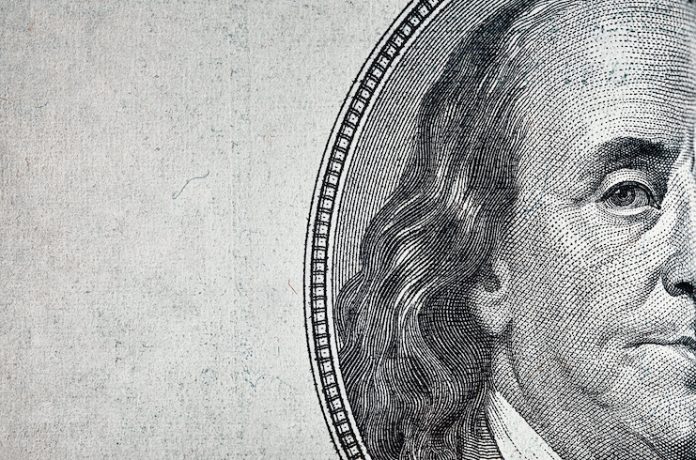
As the world enters 2022, many hotel ownership groups are directing marketing budgets to remain flat compared to 2021. With most media costs higher, this means hotels will automatically get less exposure for the same overall budget. The 2022 marketing budget should focus on three key areas: spend on acquisition channels to drive traffic from the top of funnel prospecting through to the bottom of the funnel engagement, tools on the website, and booking engine to improve the ROI of the various acquisition channels and investment in the hotel marketing team. Investing in hotel teams should be the property’s immediate priority. While investment in the team might have been seen as a non-revenue generating expense, 2022 will be much different.
The hotel team is composed of a combination of on-property, regional, and shared corporate associates. Most hotel teams had over 50 percent associate turnover in the past few years. Existing hotel teams are comprised of the following groups: company veterans, junior members, and roving associates.
Some of these people are local to the hotel and work from home. Others may work either regionally or centrally with other members of the hotel company. There is a large portion of the team members that are part of the above groups that have never met the other team members face-to-face.
All of these groups must come physically together, learn how to work together, and collaborate to achieve budgeted goals. Companies must invest in team-building and skill-development to help associates work more efficiently and effectively within the department, with other departments, and their partners/vendors. Coming together also provides an opportunity to reinforce the hotel company’s culture.
Next to investing in the team, the company needs to allocate a budget to conversion optimization tools to enhance the ROI of the various acquisition channels. In 2022, this is a two-part challenge since it relies on analytics and website targeting. Historically, hotels on the direct channel could rely on Google Analytics and similar types of analytical programs to benchmark themselves against their performance year-over-year.
The yearly data in Google Analytics is essentially worthless with the irregular trends from 2019, 2020, and 2021. Hotels need to find a way to effectively benchmark themselves against other hotels in their destination and similar types of hotels by looking not just at the past, but also the present and future. This type of benchmarking will allow hotels to be nimble, focusing on the right optimizations and revenue-generating channels.
The second part of conversion optimization is adding targeting to the hotel website to deliver messages based on timing, demand, travel party, visitor profile, and visitor behavior. This targeting improves the ROI of all the inbound acquisition channels. This targeting also achieves the marketer’s nirvana of delivering the right message, to the right person, at the right time, on the right channel.
With the team trained and analytics, benchmarking, and conversion tools in place, the team can construct a fluid plan on the channels and determine when and how much budget to allocate to provide the best ROI. Then, on a weekly basis starting the first week of January, the acquisition strategy should be scrutinized and re-evaluated based on the goals of top-of-funnel awareness, middle-funnel engagement, and bottom-of-funnel conversion, as well as budget targets and compared against the benchmarked performance of other hotels in the destination.
With 2022 only a couple of months away, the hotel team needs to think differently as they approach this year’s budgeting cycle. The best way to make flat marketing budgets go further is to invest in the hotel team and invest in new conversion technologies on the hotel website.










